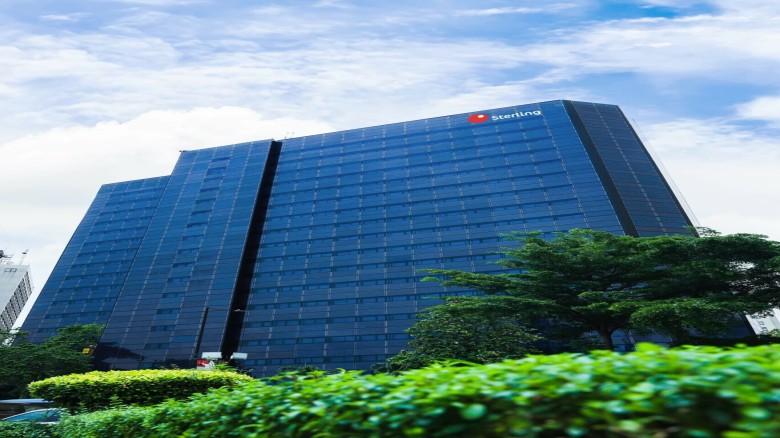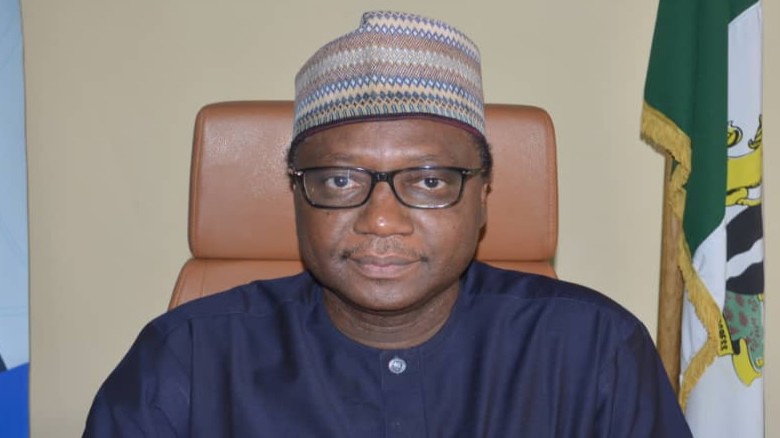Trump’s hush money case postponed until September after immunity ruling
Following the Supreme Court's ruling on presidential immunity on Monday, a New York judge decided on Tuesday that Donald Trump will not be sentenced for his business fraud conviction until September.Due to the sentencing delay, the former president is likely to avoid receiving any serious punishment for his felony conviction during the summer. Meanwhile, President Joe Biden's disastrous debate performance has given Trump a boost in the election campaign and left Democrats unsure about whether to withdraw their nominee.
On February 4, 2020 in Washington, DC, Associate Justice Elena Kagan observes the State of the Union address in the House chamber while President Donald Trump speaks with Chief Justice John Roberts of the Supreme Court.
On July 11, Trump was supposed to get his sentencing. The former president will now get a sentence on September 18, "if such is still necessary," according to Judge Juan Merchan.
The declaration highlights the significant ramifications of the Supreme Court's decision on Monday, in which the conservative branch of the court determined that presidents are immune from prosecution for "core" presidential functions.
Due to the ruling, special counsel Jack Smith's indictment of Trump on counts of election subversion is now questionable, and it is now virtually impossible for him to go to trial before the November election. The decision may also affect Trump's indictments in Georgia's election interference cases and involving secret documents.
In May, after a Manhattan jury found him guilty of all 34 charges of falsifying company records in his hush money criminal trial, Trump became the first former US president to be convicted of a crime.
Following the Supreme Court's decision to declare that presidents are immune from prosecution for fundamental official conduct, Trump's legal team issued a letter on Monday attempting to overturn the former president's conviction.
"Even though we think the defendant's claims are unfounded, we do not object to his filing permit request or his apparent attempt to postpone sentencing until his motion is decided. The DA wrote on Tuesday, "We humbly request that you allow us until July 24, 2024—two weeks after the defendant's requested deadline—to file and serve a response.
The former president's attorneys claimed that the decision supported their contention that the jury's guilty decision should be overturned and that Manhattan District Attorney Alvin Bragg shouldn't have been permitted to testify during the trial about Trump's "official acts."
The high court's decision "absolutely" affects the hush money case, according to Will Scharf, the lawyer for Trump in the immunity case, who spoke with CNN on Monday night.
He stated on "The Source" that "the Supreme Court was very clear that evidence of those acts cannot be used to try essentially private acts for acts that fall within the outer perimeter of the president's official responsibilities and are presumptively immune from prosecution."
Trump's lawyers cited evidence from Trump's White House days in their letter on Monday. This evidence included tweets from the president during his tenure, phone records involving the president, and testimony from former White House communications director Hope Hicks.
"This official-acts evidence should never have been presented to the jury under Trump. The Supreme Court ruled in Trump that President Trump "may not be prosecuted for exercising his core constitutional powers, and he is entitled, at a minimum, to a presumption immunity from prosecution for all his official acts," which is consistent with arguments that we made both before and during the trial, according to a statement from Trump's attorneys.
They said, "The decisions rendered in this case undermine the principle of presidential immunity and pose serious dangers to 'an Executive Branch that cannibalises itself.'"
























Leave A Comment